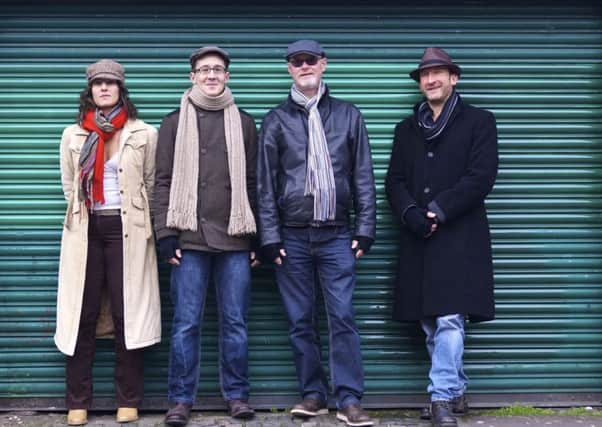Yvette Huddleston: The importance of the arts and how they push away cultural barriers


At the weekend I sat in the Stephen Joseph Theatre in Scarborough listening to a wonderful band called Klezmer-ish. They are four classically trained musicians, all members of the Royal Liverpool Philharmonic Orchestra by day, but by night they let their hair down to explore the music of travelling people from across the world – this includes klezmer, the music of the Ashkenazi Jewish diaspora, Argentine tangos, gypsy jazz and Irish fiddle music. They were delightfully engaging, brilliant, highly skilled multi-instrumentalists and were all clearly very passionate about sharing with others the music they so clearly love, much of it made by the displaced, the marginalised and the dispossessed.
Quite apart from the fact that I was happy I’d managed to somehow book something that appealed to the whole of our family party, which ranged in age from 86 to 20, I found it incredibly moving to hear about the origins of the music Klezmer-ish were playing. You were transported to those places – Eastern Europe, South America, Ireland – to commune with the people who originated those eloquent, heartfelt sounds. Music soars across continents and speaks directly to our souls.
Advertisement
Hide AdAdvertisement
Hide AdI know I have mentioned this before – and I make no apology for bringing it up again – but it is nothing short of a tragedy that music and drama are being slowly edged out of the school curriculum. It means that those who can’t afford to pay for private lessons are missing out and that the arts becomes restricted – both in terms of audience and practitioners – to the wealthier classes. In other places in the world, it is recognised that access to the arts is a human right. There is little or no elitism connected with visiting an art gallery, attending an orchestral concert, a play, ballet or opera in other European countries. Why do we continue to get this so wrong here? Barriers, real or imagined, often economic, are in place which leaves some sectors of our society marginalised and unable to enjoy the benefits of experiencing the arts first-hand.
It is our desire to be creative and our ability to be moved by such endeavour that marks us out as human. The arts and culture remind us of the exquisite things that human beings are capable of, and what we can achieve collectively, something we would do well to remember in these turbulent, divisive times.